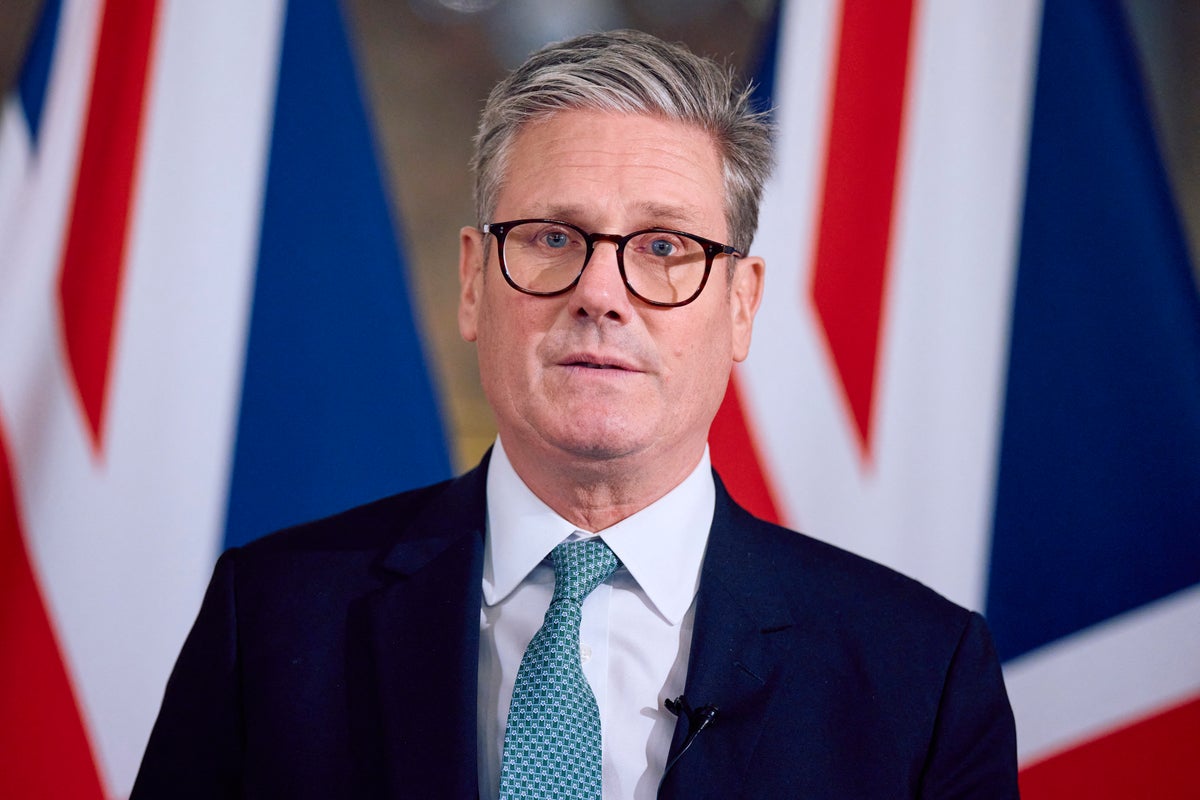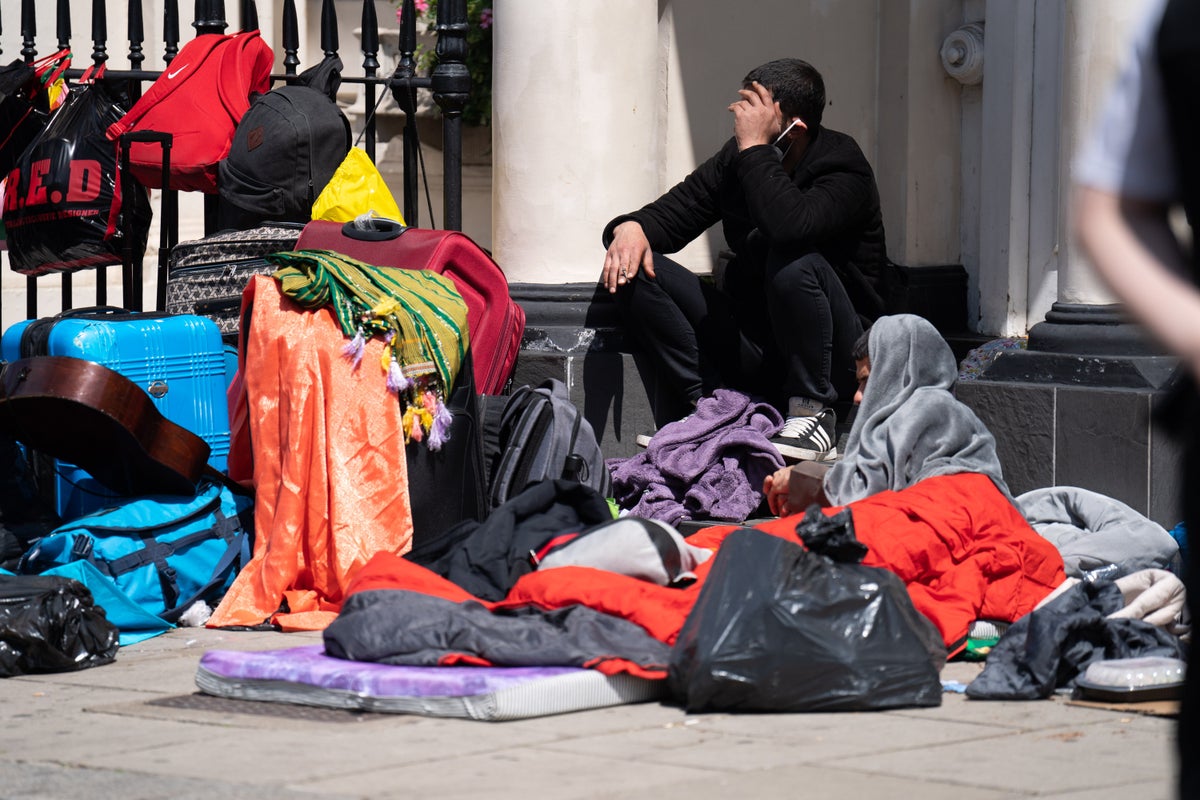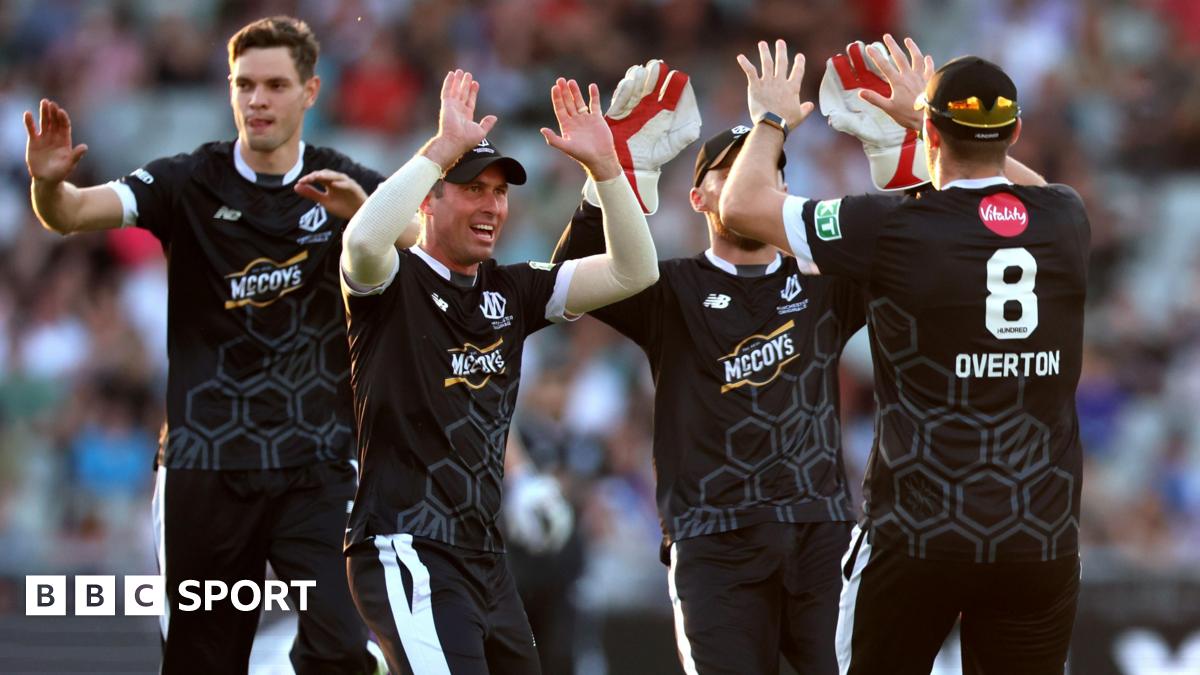Sir Keir Starmer will join a gathering of European Union leaders on Monday, becoming the first prime minister to do so since Brexit.
The agenda for the meeting is set to be wide-ranging as leaders of the EU’s 27 member states gather for the “informal retreat” in Brussels.
Joint European defence, security, trade and migration are all understood to be on the table, as the Labour leader looks to deliver on his pledge to ‘reset’ the UK’s relationship with the bloc which voters elected to leave in 2016.
The prime minister’s office has confirmed conversations about trade will take place but insists measures like rejoining the single market or freedom of movement are off the table.
“We’ve always said that we want to look at ways to reduce barriers to trade whilst remaining within our clear red lines,” a spokesperson said, adding: “The arrangement that’s being discussed is not a customs union.”
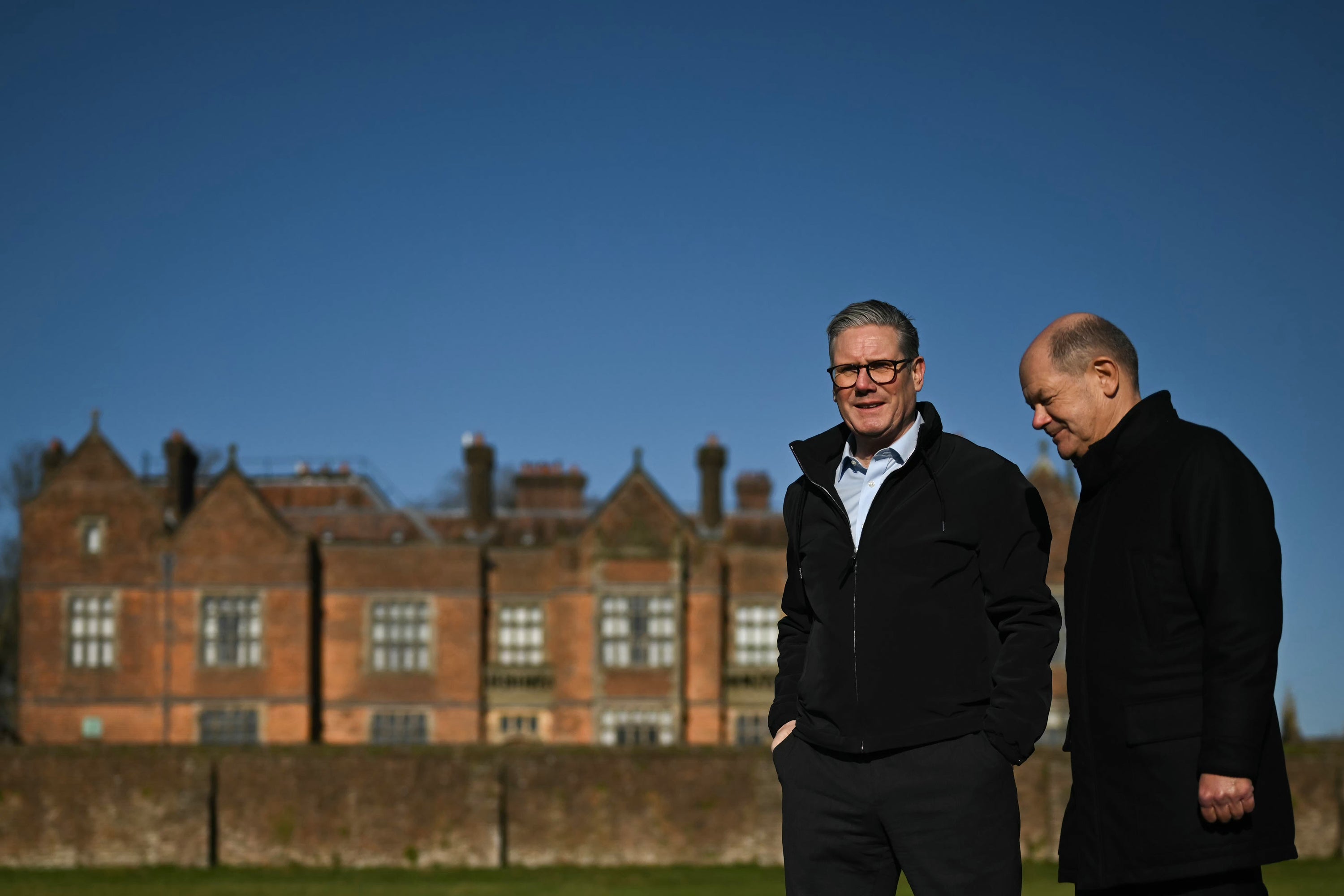
But Conservative leader Kemi Badenoch has accused Labour of “trying to reopen the divisions of the past and edge us back into the EU”, after having “opposed” the Conservative Party’s efforts to deliver a Brexit deal while in opposition.
Recent comments made by US president Donald Trump will now also loom large over the talks. The new president, beginning his once-removed second term, told reporters on Sunday that import tariffs will “definitely” be imposed on the EU in the future.
Responding to his comments, French prime minister Emmanuel Macron said: “If our commercial interests are attacked, Europe, as a true power, will have to make itself respected and therefore react.”
His statement follows the decision to introduce major tariffs on Canada, Mexico and China this week. As for the UK, the US president was vague, saying “I think that one can be worked out” and adding Sir Keir “has been very nice”.
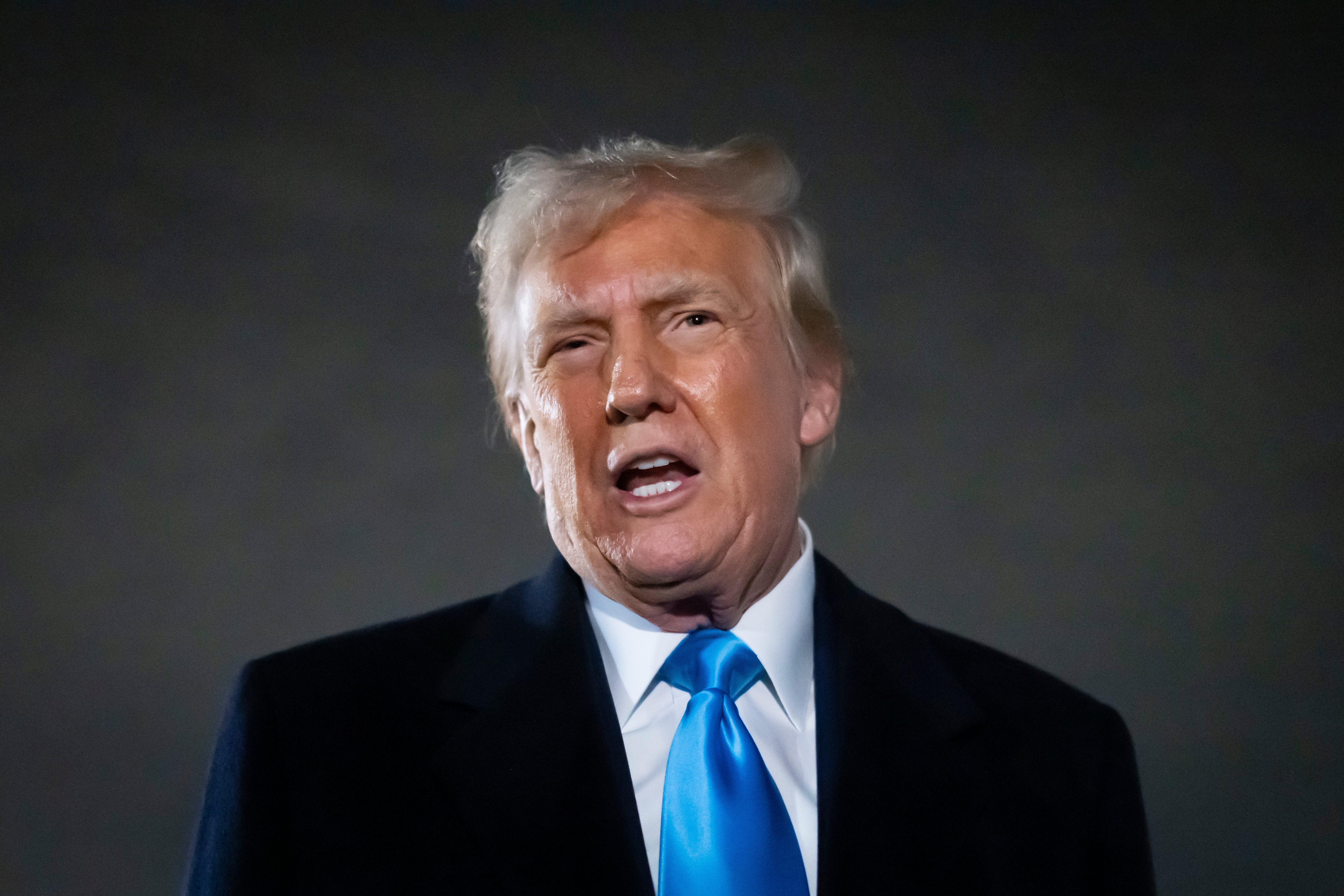
The prime minister is unlikely to welcome the battle lines drawn by this war of words, with his approach indicating a strong desire to keep everyone on his side. Meanwhile, his political opponents in the UK are capitalising on the fallout.
Speaking on Sunday, Reform UK leader Nigel Farage warned Sir Keir not to “take us back so closely to the EU that you damage our ability to do a trade deal with America”. Meanwhile, Liberal Democrat leader Ed Davey said that ministers should now “fire the starting gun” on an EU-UK trade agreement.
What will the prime minister discuss with EU leaders?
The number one item on Sir Keir’s agenda is defence, especially in light of Vladimir Putin’s continued invasion of Ukraine. He has called on EU leaders to ramp up pressure on the Russian president and backed Mr Trump’s calls for Nato members to boost defence spending.
The prime minister has pledged to raise the UK’s target from 2.3 per cent of GDP to 2.5, but has not yet laid out a timeline to meet this aim.
Speaking ahead of his visit to Brussels, the prime minister said: “President Trump has threatened more sanctions on Russia and it’s clear that’s got Putin rattled. We know that he’s worried about the state of the Russian economy.
“I’m here to work with our European partners on keeping up the pressure, targeting the energy revenues and the companies supplying his missile factories to crush Putin’s war machine. Because ultimately, alongside our military support, that is what will bring peace closer.”
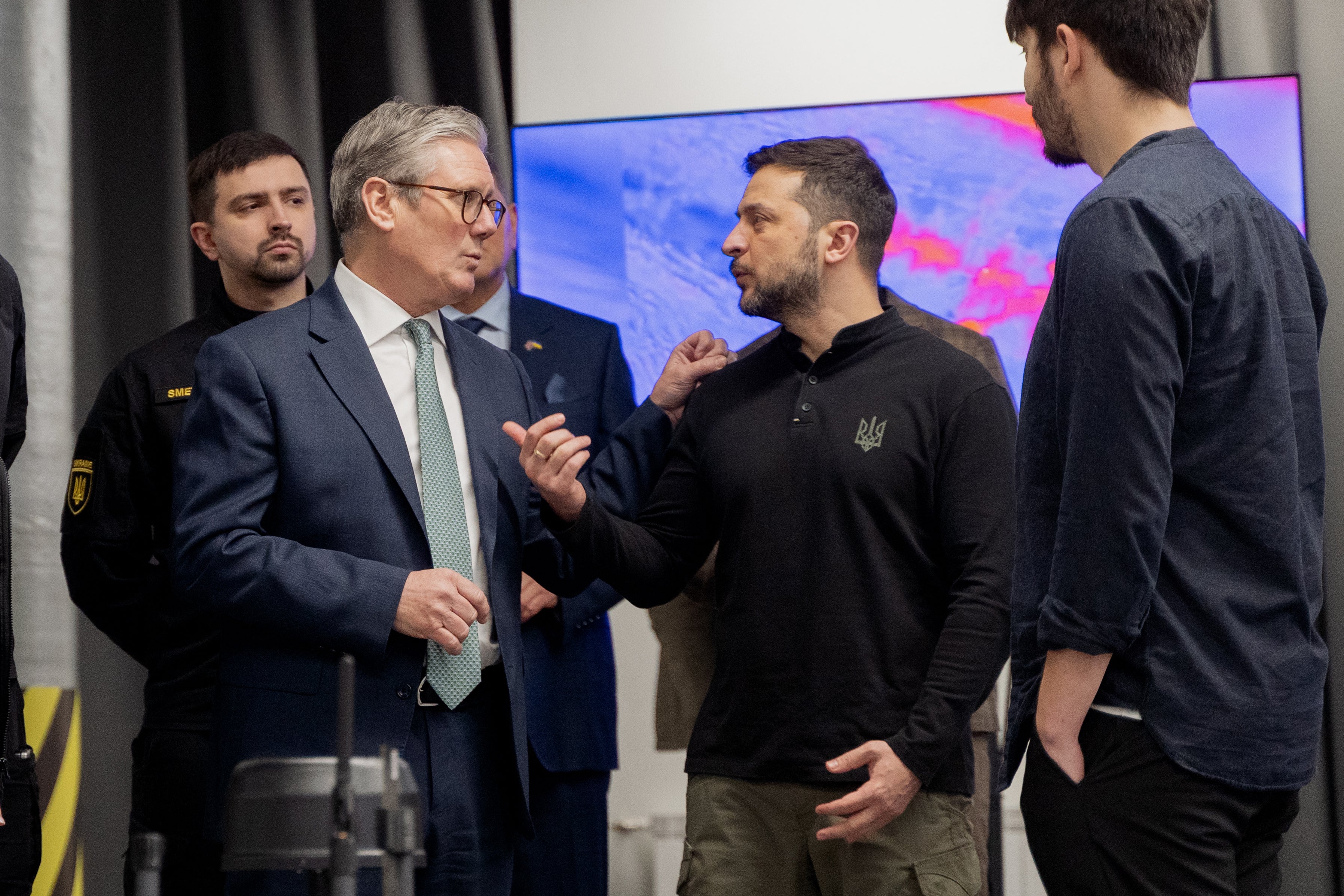
Sir Keir told The Independent in December he is seeking to build a renewed defence and security pact with the EU which would improve cooperation on shared threats, tackling illegal migration, and cross-border crime. It’s thought this could involve opening up databases on both sides to improve understanding of the picture of criminal activity.
Trade is also set to take centre stage as Sir Keir attempts to negotiate cooperation between Britain and the EU while staying within his “red lines”.
Deals to allow food and animal products to move more freely are reported to be on the table, alongside possible cooperation on energy and climate targets. Mutual recognition of qualifications and allowing touring musicians greater freedom of movement are also understood to be on the agenda.
Any broader return to freedom of movement, however, has been ruled out by the ministers. Sir Keir also faces calls to agree a youth mobility scheme with EU counterparts but has pushed back against the idea in the past.
Whatever details are decided on, the prime minister has made clear his desire to build closer ties with other European leaders. He will likely find support from ally Olaf Scholz on his trip to the continent, hosting the German chancellor at Chequers in the days before.
But others have been colder in their approach to the UK. France’s president Macron is reportedly set to tell Sir Keir that his appearance at the talks is evidence that Brexit has failed, and only weakened the UK’s position on the world stage.


